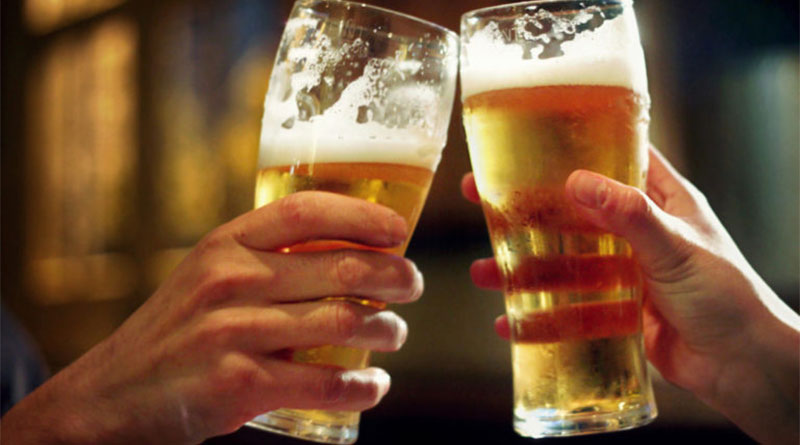Liquid CO2 Price 3,000% Higher Than a Year Ago

The price of a tonne of liquid CO2 is up 3,000% higher than it was a year ago, according to a new report
That’s according to new research by the Energy and Climate Intelligence Unit (ECIU) which suggests the UK’s food and drink sector might foot the rising bill because of the soaring prices of CO2.
CO2 has a wide variety of applications across the food and drink sectors – among other deployments, it is being used for fizzy drinks and to extend fruit and vegetables’ shelf life.
The ECIU analysis shows that the cost for a tonne of liquid CO2 is 3,000% higher, compared to what it was in 2021.
There are new fears that gas prices could rise further, or even that supplies will be cut off, leading to increases in the price of liquid CO2 or a repeat of last year’s shortages. Liquid CO2 is used for everything from packaging food to keep it fresh, to making beer and other drinks fizzy.
Businesses in the food and drink sector are already paying significantly more for energy than even a few months ago. In the first quarter of 2022 businesses like pubs, farms, and supermarkets paid 71% more for gas than in the first three months of 2021, and 28% more for electricity.
Fay Jones, Member of Parliament for Brecon and Radnorshire and Chair of the Farming APPG, said: “The price of gas is adding thousands of pounds to families’ energy bills. Now, like last autumn, it could affect supplies of CO2 and of fertilisers, and drive up the price of everything from beer to bacon.
“Shortages of CO2 would come on top of the dry weather, and sky-high prices for farming ingredients like fertilisers and energy. This is another sign of how exposed farmers, and the UK food and drink industry, are to the price of fossil fuels and to climate change. The solution lies in achieving net zero which in turn lends itself to improved food and energy security. Home grown renewables are already helping keep energy bills down as well as providing an option for farmers to diversify their business. But also, British technology though cutting edge green fertilisers that aren’t made from gas could provide an alternative to farmers.”
Emma McClarkin, Chief Executive of the British Beer and Pub Association said:
“A guaranteed supply of CO2 is essential for operations across pub and brewing businesses, but currently extreme volatility in wholesale energy prices is resulting in unprecedented price fluctuations and uncertainty of supply for our industry. Alongside extreme energy costs and other inflationary pressures our pubs and brewers are being forced to make extremely tough business decisions, with many not being able to plan even a week or two in advance and at a point where such preparation is vital to prepare for the festive trading period.
“To avoid beer shortages and pub closures we need the Government to ensure there is a sustained, reliable supply of CO2 to our industry, holding suppliers to account in the process. Breweries need reassurance that they will be able to keep producing and supplying beer to pubs so they are able to keep their doors open and serve their communities”
Matt Williams, Climate and Land Programme Lead at the Energy and Climate Intelligence Unit, said:
“The UK’s reliance on fossil fuels affects more than just families’ energy bills. It could bring the food and drink system to its knees. Rising energy costs are creating an extra cost of hundreds of millions of pounds in the food and drink industry that customers may struggle to avoid. If high gas prices, or even blackouts, force factories to close it could create real problems for farmers and the food and drink industry. We’re already seeing last autumn’s liquid CO2 shortages begin to play out again, starting with the factories that make it cutting production.
“High gas prices have pushed up the cost of fertilisers for farmers. The Government’s new farming system, which will reward net-zero farming practices by restoring soils, will help farmers to reduce the use of fertilisers and shield themselves from these high prices. British companies are also leading the way in making low-carbon fertilisers and are also developing technologies to help capture CO2 from industrial processes, like making steel. These new net zero technologies can create jobs at home, generate low-carbon British exports to the world, and help protect food and drink supplies, bringing down food bills for families.”
British Poultry Council Chief Executive, Richard Griffiths, said:
“CO2 is critical to our national food security and yet the Government, in the midst of a cost of living crisis, is allowing supplies to be jeopardised. The arbitrary price hikes we are now seeing will hit our food producers, and ultimately consumers, very hard indeed.”
